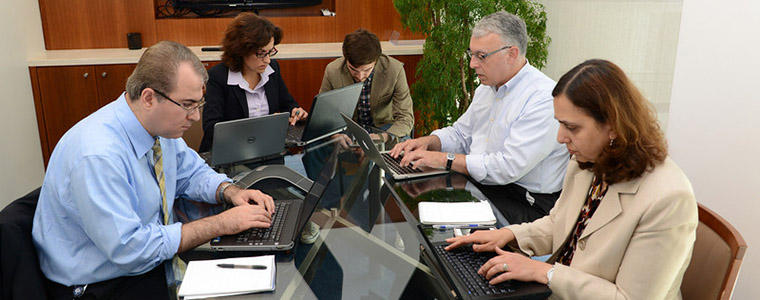#USIPIraq: A Twitter Chat on Iraq’s Political Crisis
Read the Event CoverageThe U.S. Institute of Peace hosted a Twitter chat on the situation in Iraq on Tuesday, August 12, from 10am-11am ET.

Iraq’s president on August 12, 2014, nominated a replacement for Prime Minister Nuri al-Maliki, an important step in forming a new government that might unite Iraq’s factions against the extremist militants of the Islamic State (formerly known as ISIS or ISIL). But tensions in Baghdad remain high as al-Maliki signaled that he may not step down from his post and allow Haider al-Abadi a peaceful transition to power.
What is next for Iraq’s political process? How might a new prime minister change the dynamics of the country’s current crisis? And will a new government be able to reverse the Islamic State's gains? The U.S. Institute of Peace organized a conversation with members of our Iraq team on Twitter to discuss these and other questions on Tuesday, August 12, from 10am-11am ET. The conversation used the hashtag #USIPIraq.
Participants
Elie Abouaoun (@elie022)
Director, Middle East Programs
Khitam Al-Khaykanee (@Kalkhaghani)
Program Officer, Rule of Law
Raya Barazanji (@rbarazanji)
Senior Program Officer, Middle East & Africa
Sarhang Hamasaeed (@sarhangsalar)
Senior Program Officer, Middle East & Africa
Manal Omar (@manalomar)
Associate Vice President, Center for Middle East and Africa



